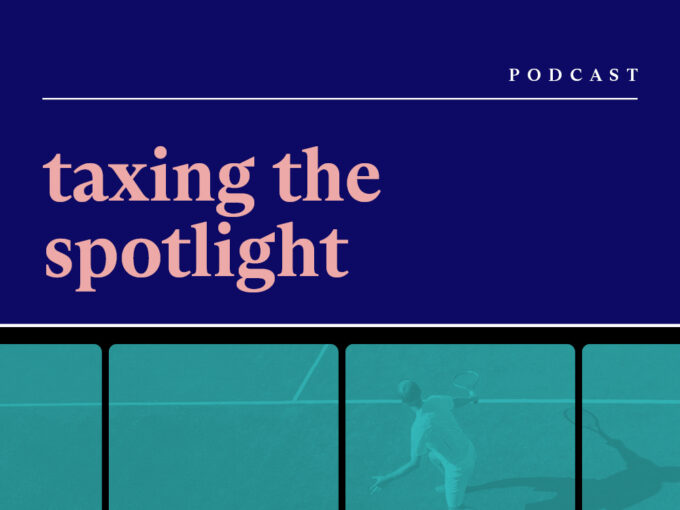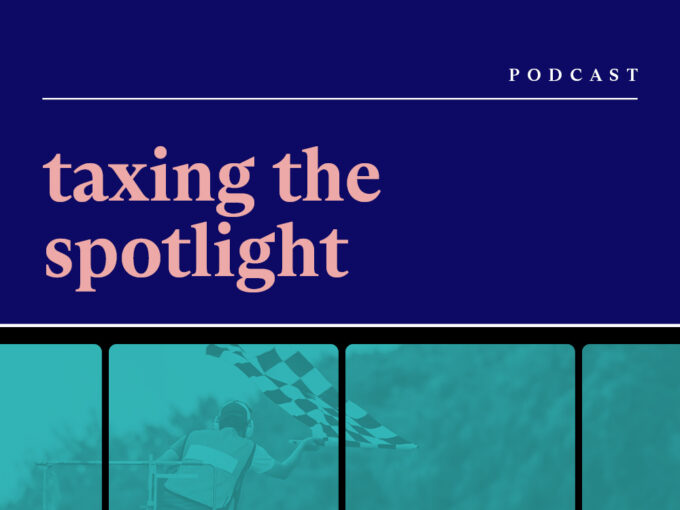As you will know, last year the government confirmed its commitment to the UK’s creative sector tax reliefs and, after consultation, announced a number of changes to the current rules, releasing draft legislation in July 2023.
The definitive detail of those changes was announced as part of the Autumn Statement, where the government published revised legislation on the proposed reform of the film, television and video games tax reliefs to expenditure credits.
With specific regard to video games, the key points covered by the legislation are summarised below.
Highlights
The new relief will be known as the Video Games Expenditure Credit (VGEC) and will be a 34% credit received net of tax deductions at the main rate of corporation tax (currently 25%), so the net value of the relief will be a credit of 25.5% after deduction of tax.
Qualifying expenditure under VGEC will be based on expenditure “used or consumed” in the UK rather than expenditure incurred in the EEA.
The mechanism for apportioning expenditure between UK and non-UK should be a “just and reasonable” basis.
The 80% cap currently in place under the existing rules will be retained, ie UK Core expenditure in excess of 80% of total core expenditure will not attract VGEC.
UK core expenditure must be a minimum of 10% of the total core budget in order to qualify for VGEC.
The £1 million subcontracting cap in place under the current rules has been removed.
The previous concerns with regard to connected party transactions have been allayed with the final legislation allowing connected parties to transact on an arm’s length basis and that the arm’s length transaction could be eligible expenditure.
Transitional rules
The VGEC rules will be available to companies with accounting periods ending on or after 1 January 2024.
If a company’s accounting period begins before 1 January 2024 but ends after 1 January 2024, it will have the option to apply existing rules on expenditure incurred up to 31 December 2023 and apply VGEC rules on expenditure incurred from 1 January 2024.
For projects where video game production begins before 1 April 2025, existing rules remain available up to 31 March 2027.
Existing rules will not be available to projects where video game production commences on or after 1 April 2025.
If you’d like to discuss any of the issues raised above, please get in touch with your usual Saffery partner.
Contact Us
Partner, London
Key experience









